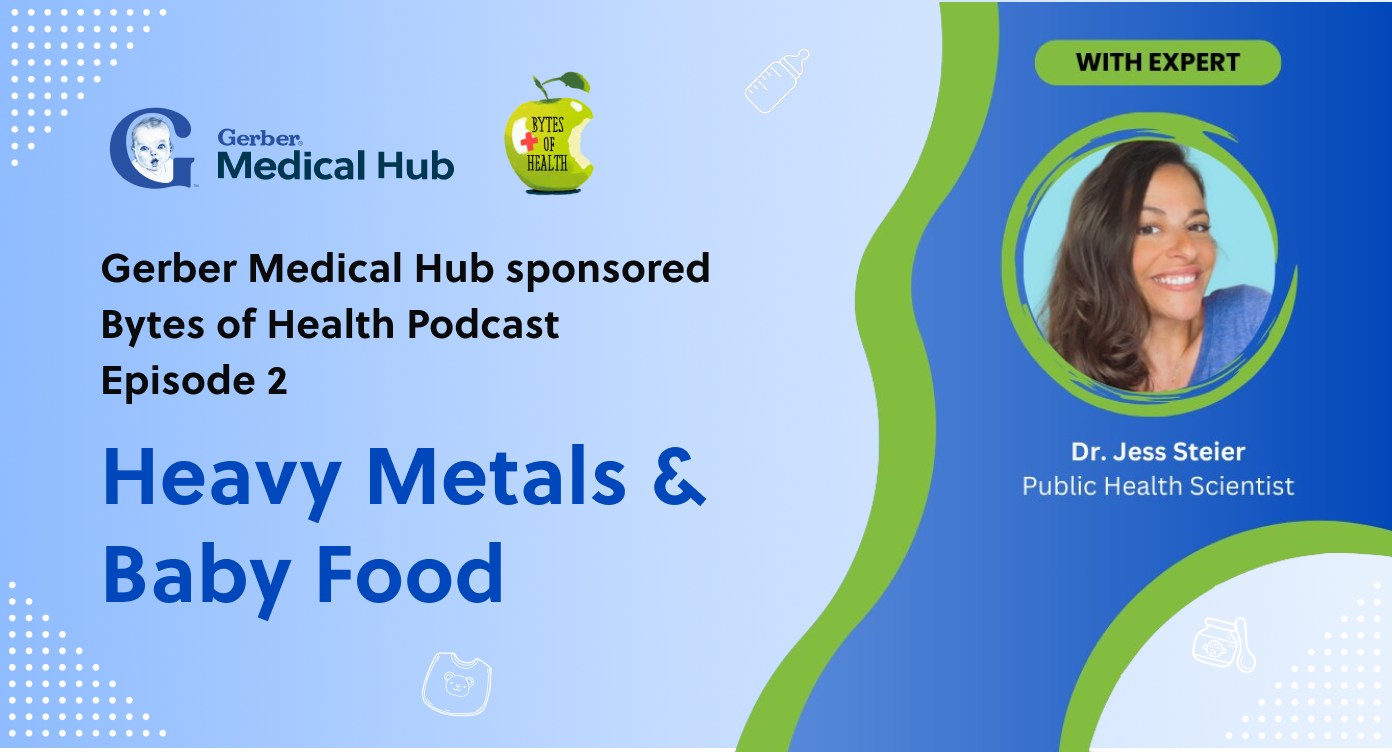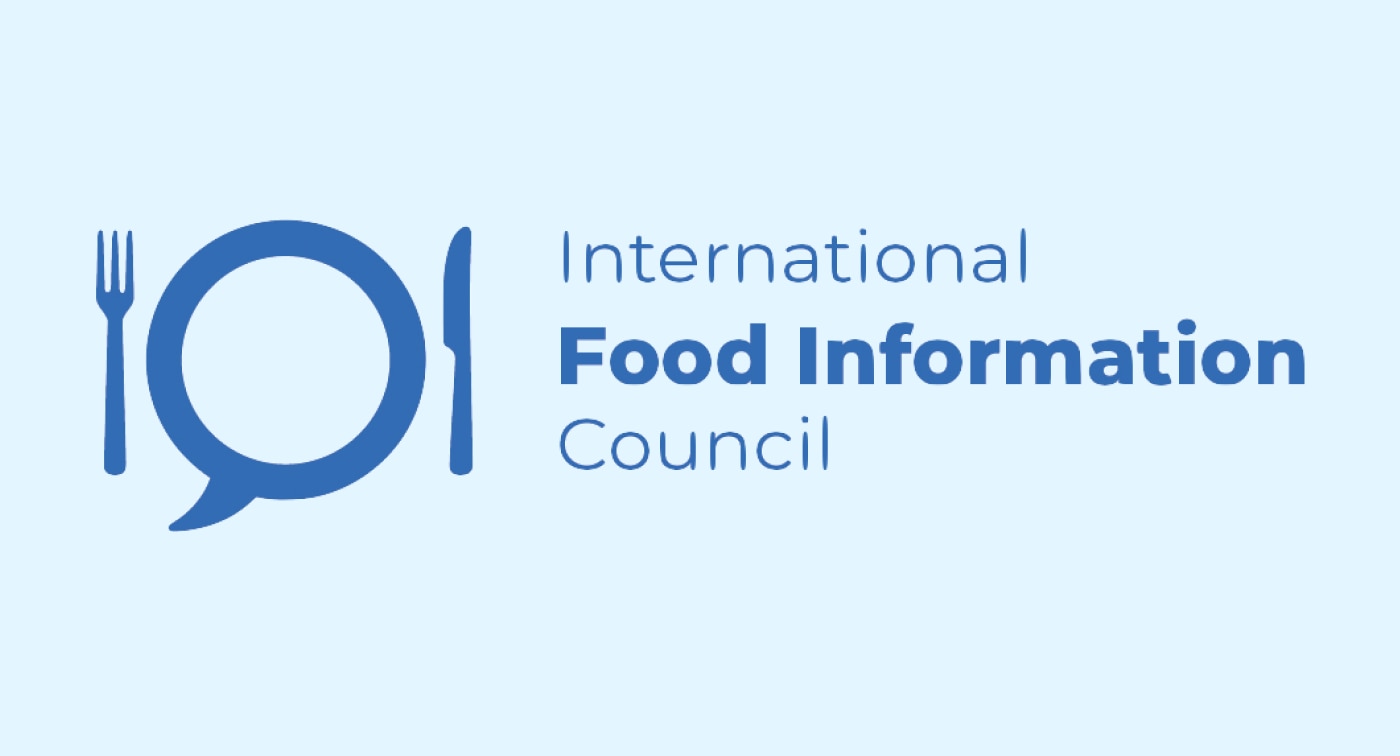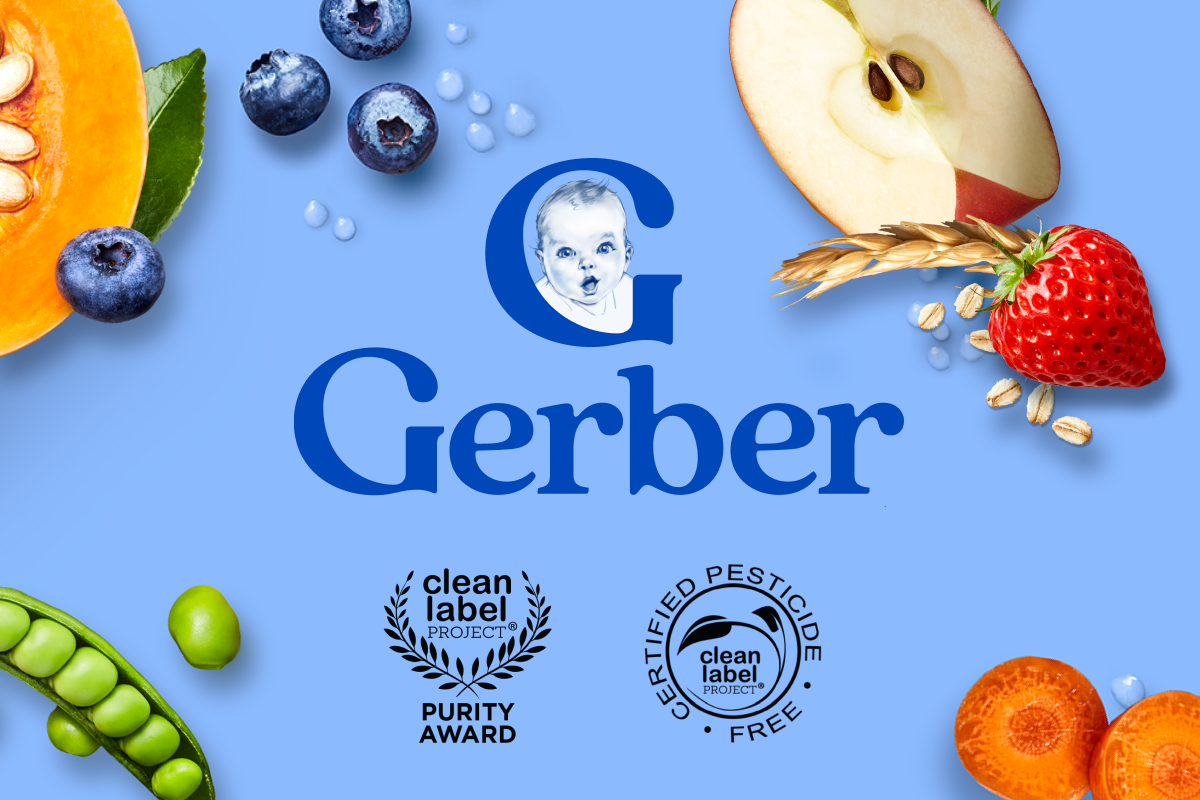Answers to Questions About Heavy Metals
7 min read • By: Gerber Medical Hub

Updated December 2024
Quick Summary
Heavy metals have been a big topic of conversation and concern for parents and caregivers, baby food makers and regulators in recent years. We want you and your families to understand our process and standards, because we know how important safety is for your patients.
For more than 95 years, feeding babies has been the heart of our business. During that time, Gerber baby food has been an important source of nutrition for millions of babies, including our own. As the leading baby food maker in the U.S., we have robust standards for quality and safety —and we promise to provide nutritious and safe food for babies and toddlers. At Gerber, we’re committed to addressing the issue of heavy metals by being a part of the solution. We relentlessly pursue uncompromising quality, continuously working alongside our suppliers and growers to deliver on our mission of helping generations of families grow with love.
Find answers to your most pressing questions about what Gerber is doing to minimize the presence of heavy metals in the ingredients we use to make our baby food.
Is Gerber baby food safe?
Yes – we want to assure you all our foods are nutritious and safe for babies. Safety and quality are at the heart of everything we do. Our baby foods are crafted with industry-leading standards. We uphold these standards from farm to shelf - as we craft our recipes, grow and source quality ingredients, and make and package our nutritious foods for baby. We regularly test for more than 500 toxins and contaminants and our baby food products must pass more than 100 individual quality checks before they can be sold.
Where do heavy metals come from?
Heavy metals exist in the environment – fruits, vegetables and grains may absorb these elements from soil and water as they grow. This is true whether you grow foods in your own garden, buy organic at a farmer’s market, or buy packaged foods at the grocery store. Gerber Growers work to minimize the presence of heavy metals by using best-in-class practices such as soil testing, rotating crops and choosing peak harvest times. This helps ensure that the ingredients we use to produce our baby food are safe, tasty and nutritious.
What is Gerber doing to minimize the presence of heavy metals?
For years, Gerber has taken proactive steps to minimize heavy metals in the ingredients we use. We have a dedicated project team made up of Nutrition Scientists, Agronomists, Child Development Specialists, Feeding Experts, Registered Dietitians, Food Scientists and Quality experts who are focused on these efforts. These efforts include employing advanced testing methods, working with our growers and suppliers to carefully select fields and source the best possible ingredients, using state-of-the art, stainless steel equipment in our food-making process, investing in regenerative agriculture practices to enhance the quality of the soil where our crops grow, and funding research to find new tools and solutions.
At Gerber, we believe the best way to address the issue of heavy metals in foods is to be a part of the solution, and that is why we work hand in hand with our suppliers and growers to look for ways to minimize levels even further. We take a continuous improvement approach – which means our efforts will minimize levels further over time as technology evolves
What is Assembly Bill 899 (AB 899)?
AB 899 is a California legislative bill signed into law and enacted on October 10, 2023. AB 899 requires manufacturers of baby food to test and disclose the levels of four heavy metals (lead, arsenic, cadmium and arsenic) that may be present in baby food, and to meet particular labeling requirements starting on January 1, 2025. Learn more about this legislation and information that will be available to consumers here l In full compliance with California AB 899, all heavy metals test results for Gerber foods produced on or after January 1, 2025, will be publicly reported on Gerber.com following their manufacture date.
Does the California Assembly Bill 899 only apply to Gerber products made in California?
AB 899 applies to final baby food products from all baby food manufacturers that are sold, manufactured, delivered, held, or offered for sale in California. However, Gerber is making our test results available for all products manufactured after January 1, 2025, so those outside the state will also have access to this information
How are Gerber products tested for heavy metals?
As the leading baby food maker in the U.S., we have robust standards for quality and safety that meet and are often stricter than those set by the FDA.
At Gerber, our testing protocols are rigorous and comprehensive. We test crops, water, ingredients and final products to ensure we deliver on our promise to make high quality, safe baby food. We regularly test for more than 500 toxins and contaminants and our products must pass more than 100 individual quality checks before they can be sold. All our testing is conducted by ISO-accredited labs, meaning they follow international standards for analytical reliability. We also go even further; we partner with additional outside labs to refine testing methods and to ensure we use the most current, cutting-edge procedures.
Where can I go to view Gerber’s heavy metals results?
To view Gerber’s heavy metals results by product batch, visit Gerber.com .
Are heavy metals added to baby food during the manufacturing process?
No. We use state-of-the-art, stainless-steel equipment in our food-making process. This ensures that nothing in the factory, transport, or packaging would add heavy metals to the food. We also have stringent requirements for the water we use in our food making process.
How does Gerber check and test for quality and safety?
As the leading baby food maker in the U.S., we have robust standards for quality and safety that meet and are often stricter than those set by the FDA.
At Gerber, our testing protocols are rigorous and comprehensive. We test crops, water, ingredients and final products to ensure we deliver on our promise to make high quality, safe baby food. We regularly test for more than 500 toxins and contaminants and our products must pass more than 100 individual quality checks before they can be sold. All our testing is conducted by ISO-accredited labs, meaning they follow international standards for analytical reliability. We also go even further; we partner with additional outside labs to refine testing methods and to ensure we use the most current, cutting-edge procedures.
In addition to all our in-house programs and testing, we have also achieved Clean Label Project certification on many of our products. In fact, we achieved the most First 1,000 Day Promise certifications of any baby food brand – this is the most comprehensive of all certifications offered by this renowned non-profit. To achieve this certification, our foods underwent independent third-party testing for process and packaging contaminants, chemical contaminants, and heavy metals to meet the Clean Label Project’s highest quality standards.
Is it safer for families to make their own baby food?
No – making your own baby food does not reduce the potential presence of heavy metals, as noted in a recent Healthy Babies, Bright Futures report .
The grains and produce that might be used to make baby foods at home are grown in the ground, and therefore those foods may contain heavy metals. While the ingredients we use and our final products are both specifically tested for heavy metals, the produce you buy at the store may not be.
According to the FDA, “For parents who choose to make their own baby foods, it is important to know that this is not likely to reduce potential exposure to toxic elements in baby foods and may instead result in higher concentrations.” As explained by the FDA, food manufacturers have the capability to implement strategies that result in using ingredients with lower concentrations of toxic elements.” You can read the FDA’s full advice on this topic here .
I saw a video that showed a magnet pulling small metal shavings out of infant cereal. Are these heavy metals?
We have seen the viral videos, too! Those shavings are electrolytic iron, which is not a heavy metal. In fact, iron is an essential nutrient that plays an important role in brain development. The iron can be pulled to a magnet and appear like small dark hairs that may even clump together. Some cereals are fortified with a different type of iron that, while also safe and effective, does not react in the same way.
Iron-fortified infant cereal is not only perfectly safe, but also an important source of iron and many other nutrients in a baby's diet. Having enough iron is important for a baby’s healthy brain development and learning, which is why some varieties of our cereals are fortified with iron to help meet your baby's daily iron needs. The U.S. Dietary Guidelines for Americans state that infant cereal can help meet baby's dietary need for iron—learn more here . Furthermore, having adequate iron in a baby’s diet may also have a protective function against the negative effects of toxic heavy metals, according to the FDA .
How can I support families who are asking if they should stop feeding certain foods like sweet potatoes, carrots and rice to their baby?
Nutrition experts, including the FDA, say that eliminating nutritious foods from your child’s diet to avoid heavy metals in the food supply is unnecessary, and may result in certain nutrient deficiencies and potential poor health and nutrition. Instead, it is important to encourage parents to serve a variety of fruits, vegetables and grains to their child. This helps to ensure children are getting the nutrients they need, while minimizing exposure to heavy metals from any one food. You can read more about this advice here .
If you have questions about dietary advice for young children, our Registered Dietitians are also available to help answer your questions – see our contact us information here .
What can parents do to help limit heavy metal exposure in foods?
The main sources of heavy metal exposure in young children include contaminated water, lead paint and unsafe toys – so parents can follow expert public health recommendations in these areas to minimize their child’s exposure from those sources. When it comes to foods specifically – offering a variety of foods is the best way to reduce exposure to heavy metals. Ways to achieve variety include offering different types of infant cereals and grains and serving a colorful mix of fruits and vegetables.
In addition, parents and caregivers should include foods in their baby’s diet that are rich in iron and zinc—both of these nutrients are essential to a child’s development. Having an adequate intake of iron and zinc may also help block absorption of heavy metals. Parents can include iron- and zinc-fortified infant cereals and baby foods containing meat in their child's diet to help ensure adequate intake.
If you’re interested in learning more, you can review the FDA’s latest guidance here . Additional info to help educate parents is here .



